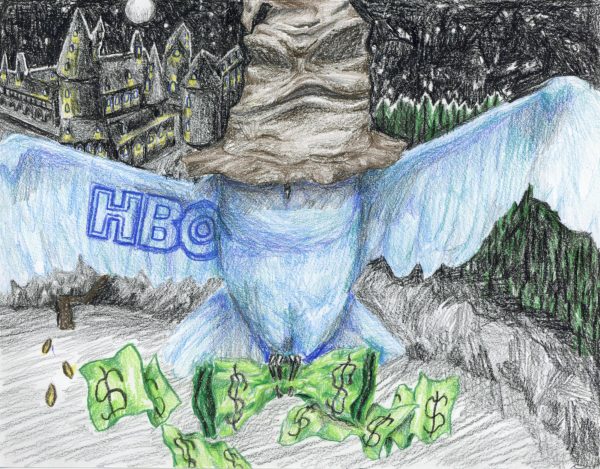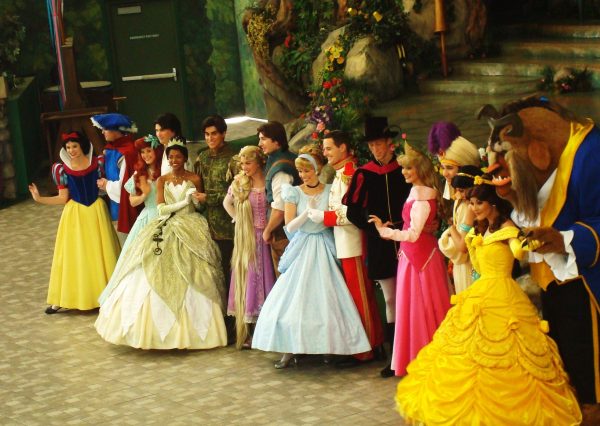Student writes letter to banned books associations
Dear Banned Books Associations and Supporters,
Listen:
“Billy Pilgrim has come unstuck in time.” (Slaughterhouse Five)
Though I suppose you wouldn’t know that. You’ve probably never met him. Billy Pilgrim and I were in the war together. Hannah Baker (Thirteen Reasons Why) explained to me how I can affect everyone I meet. Harry Potter (Harry Potter series) taught me that even though I don’t get to choose my life, I have the ability to make a difference in it. All of these characters have changed me — in my opinion — for the better.
According to the American Library Association, top reasons for banning books include the following: offensive language, racism, sexism, violence, suicide, religious viewpoint, abortion, sexually explicit content and drugs or alcohol. Now, while to some these may be considered “bad” things — things kids need to be protected from, they exist nonetheless. Reading about them, when it is age appropriate, allows one to have an understanding of the world we live in. Whether we choose to admit it or not, there are kids who go through traumatic experiences, things like rape or murder. Reading about people like them, who’ve lived through similar events, can be therapeutic.
My father always told me that if someone makes a thing out to be blatantly evil, then you’re only seeing one side of the story. It’s perfectly understandable that people have their own idea of what’s good and what’s bad, encouraged even. People have the right to not only develop their own opinions but also to express them. In the words of Voltaire “I do not agree with what you have to say, but I’ll defend to the death your right say it.” And while I’ll respect your right to hate my dear Jay Gatsby or beloved Mr. Caulfield, I’d politely ask you to respect their right to exist.
Though some books may contain material unsuited for a specific age group, it doesn’t mean those books should be banned from the usage of the general public. To take away a book is not only to take away my personal freedom but also to take away a point of view. If you only allow a kid to read books that fit your own personal philosophy, then they’ll grow up thinking that that’s the way things are supposed to be without ever being exposed to the other side of the story. It’s reasonable that a parent would want to watch over or limit what a kid is reading, based on age or maturity level or something like that, but it’s impossible to restrict it completely from a child and not from the shelves of public libraries. It’s the parents’ responsibility, not the libraries’, to make sure kids are reading books that are well-suited for their age group.
As we mature, we begin to understand how we are shaped and even limited by the world we live in. Books allow us to transcend the boundaries of our time and develop a much broader view of the world.
Many philosophers would concur that to have a functional, modernized society, education is a must. You don’t just stop learning when you’re out of school — it’s something you continue until the day you die. If you can learn to read with an open mind, if you can learn to listen with an open mind, the world opens up to you.
The closest thing we have to time travel and world travel is books. I can re-live the Great Depression of the ’30s or the Renaissance. To collect books is to collect experiences. A well-read person will tend to be well-rounded because reading in itself is a learning experience. That’s not to say that every book, banned or not, is worth reading, but the right to read them shouldn’t be taken away.
Writing is an essential form of self expression. By attempting to ban certain books, you are attempting to silence some of the most influential people who have ever lived. You’ve a right to your own opinion, but so does everyone else. I’m writing to you to ask that you let people decide what they expose themselves to. In the end, it’s their lives, and they’ve just as much right as you to make their own decisions.





